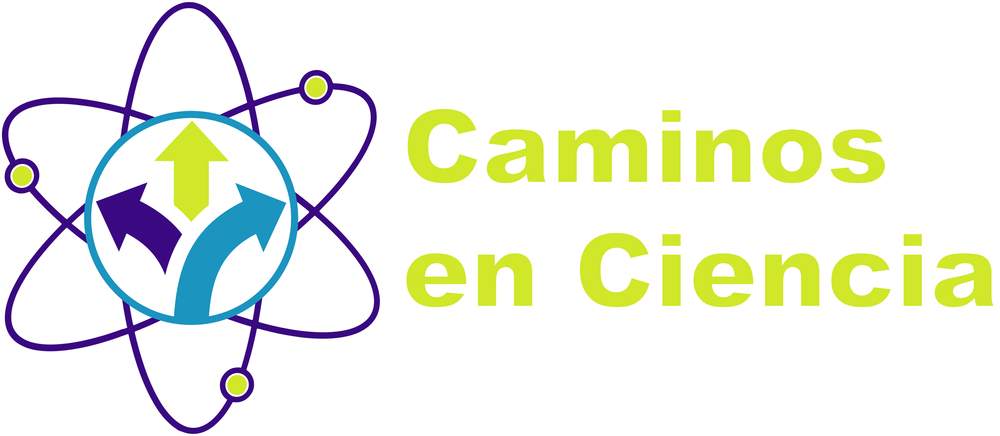By Karina Bravo, PhD – Professor and Scientist in Chile
Dr. Carolina López was born in Santiago de Chile, and started her undergraduate followed by her masters in biochemistry at the Pontificia Universidad Católica de Chile. Although, her family had a career in the medical field, but she was always interested in research. During college, she once did a project, which was remarkable for her, for the difficulty and this was the history of the guitar, including the drawings. Then when she was exposed to all science courses and she knew that her interest and vocation were aligned to this area. At that time, she learned about viruses by a friend who knew a lot about these “small things” and their impact on human health. At this moment, she was fascinated by this topic, and I understand that studying the relation between viruses and humans requires resources that are limited in Chile. Then Carolina and her husband finished their studies, and they thought about pursuing a doctoral degree, but in Chile science was small, and they felt reaching a peak of their scientific development, so they made the decision to leave the country. They moved to the United States and her husband took a research assistant position while Carolina with 5 months of gestation was in search for a job. She was afraid of not obtaining a research assistant position due to her pregnancy and language difficulties. However, through a contact, she was offered a position in Dr. Alan Frey’s Lab in New York University. After that, with a family already, she started her PhD in Mount Sinai School of Medicine. At this point, she was not aware of the importance of working with a principal faculty well known in a research field. For her, the most important thing was to find a topic of interest and she found a good match studying antiviral immune responses in Dr. Tom Moran’s lab where she completed her doctoral studies. At the same Lab, she continued with her postdoctoral training, which was very short, and she was quickly promoted to a research faculty position. She described her career at this point, an unconventional science career path. In September 2010, Carolina arrives to the University of Pennsylvania School of Veterinary Medicine where she now studies how humans defend themselves from respiratory viruses such as influenza, and its relation to long-term respiratory diseases such as asthma. Carolina enjoys training students and shares how fascinating is watching them growing professionally and academically as they are no longer her students but now her colleagues. One key advice that Carolina shares is to build a network of scientists outside your Latinx community and be recognized by your research work. Is really important to connect with people like you and find support within your community, but don’t forget that science is very social, and to advance in the academic career path you need to expand your network and collaborations. Also, she highlights that the preparation in Chile is high quality and you come out well prepared, which I agreed even with the difference of resources. Another advice is to find the type of research and laboratory that you really like and enjoy. Although, your principal investigator record is important, she pointed out that support, guidance and mentorship are key.
To learn more about this interview, check Season 1 - Episode 1

